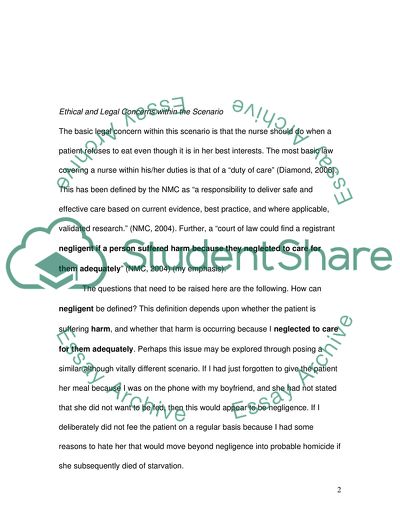Cite this document
(Ethics and the Law: A Medical Case Study Example | Topics and Well Written Essays - 1971 words, n.d.)
Ethics and the Law: A Medical Case Study Example | Topics and Well Written Essays - 1971 words. Retrieved from https://studentshare.org/social-science/1706883-ethics-law
Ethics and the Law: A Medical Case Study Example | Topics and Well Written Essays - 1971 words. Retrieved from https://studentshare.org/social-science/1706883-ethics-law
(Ethics and the Law: A Medical Case Study Example | Topics and Well Written Essays - 1971 Words)
Ethics and the Law: A Medical Case Study Example | Topics and Well Written Essays - 1971 Words. https://studentshare.org/social-science/1706883-ethics-law.
Ethics and the Law: A Medical Case Study Example | Topics and Well Written Essays - 1971 Words. https://studentshare.org/social-science/1706883-ethics-law.
“Ethics and the Law: A Medical Case Study Example | Topics and Well Written Essays - 1971 Words”, n.d. https://studentshare.org/social-science/1706883-ethics-law.


